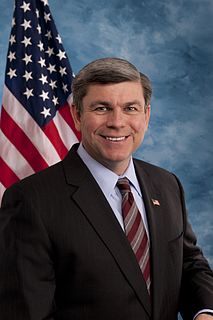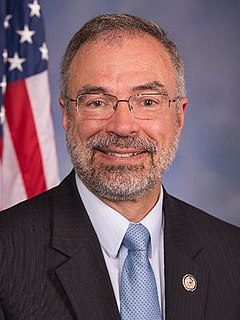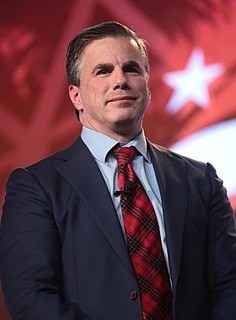A Quote by Ron Wyden
If you like the health insurance that you have you should be able to keep it, but if you don't like the health insurance you have, you should be able to choose something else.
Related Quotes
The Affordable Care Act is a huge problem. [Repealing the ACA is] going to have huge implications. We have millennials that live in Boston that are on their parents' health insurance. The businesses have hired them and have been able to hire more people because they have been able to be on their own health insurance. We have seniors in our city who have preexisting conditions, or something called a "donut hole," which is a prescription drug [gap] in Medicare. Whatever changes they make could have detrimental effects on people's health care, but also on the economy.
We have health insurance companies playing a major role in the provision of healthcare, both to the employed whose employers provide health insurance, and to those who are working but on their own are not able to afford it and their employers either don't provide it, or don't provide it at an affordable price. We are still struggling. We've made a lot of progress. Ten million Americans now have insurance who didn't have it before the Affordable Care Act, and that is a great step forward.
The [Hobby Lobby Supreme Court] ruling raises the question of why, uniquely in the industrialized world, Americans have for so long favored an arrangement in health insurance that endows their employers with the quasi-parental power to choose the options that employees may be granted in the market for health insurance.





























